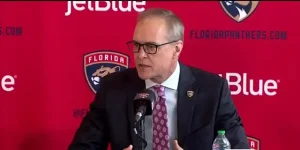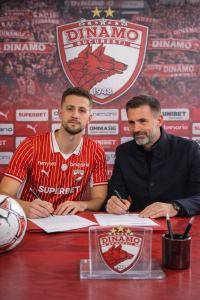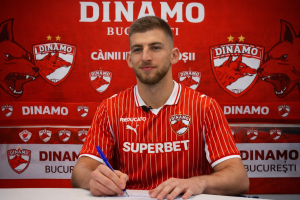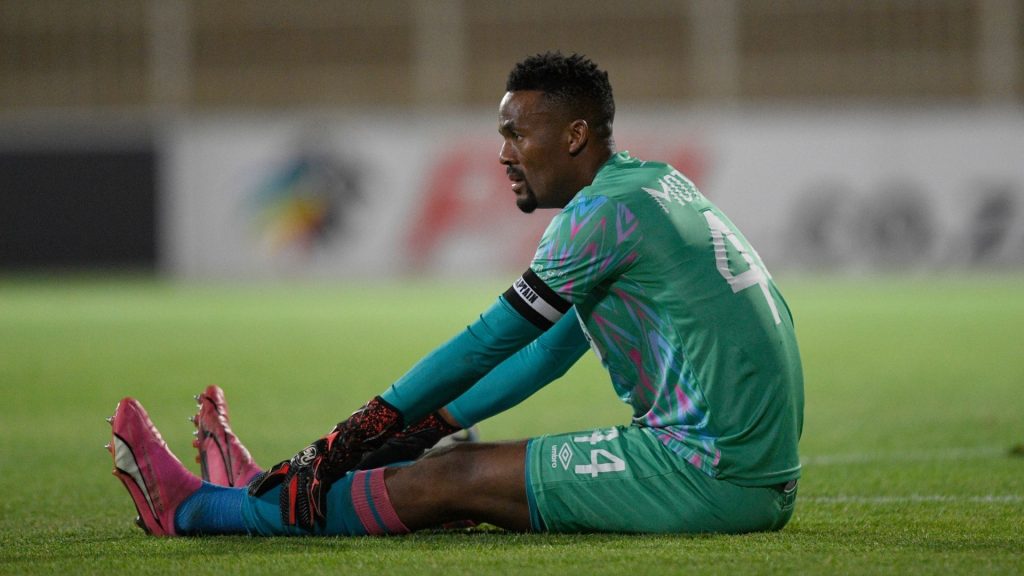
Tensions Rise: AmaZulu Head Coach’s Insult Towards Kaizer Chiefs Coach
In the high-stakes world of South African football, emotions run high, and rivalries often flare up, especially during interviews. Recently, the AmaZulu FC head coach sparked controversy after launching a pointed insult at Kaizer Chiefs’ head coach during a post-match interview, igniting a firestorm of media coverage and fan reactions.
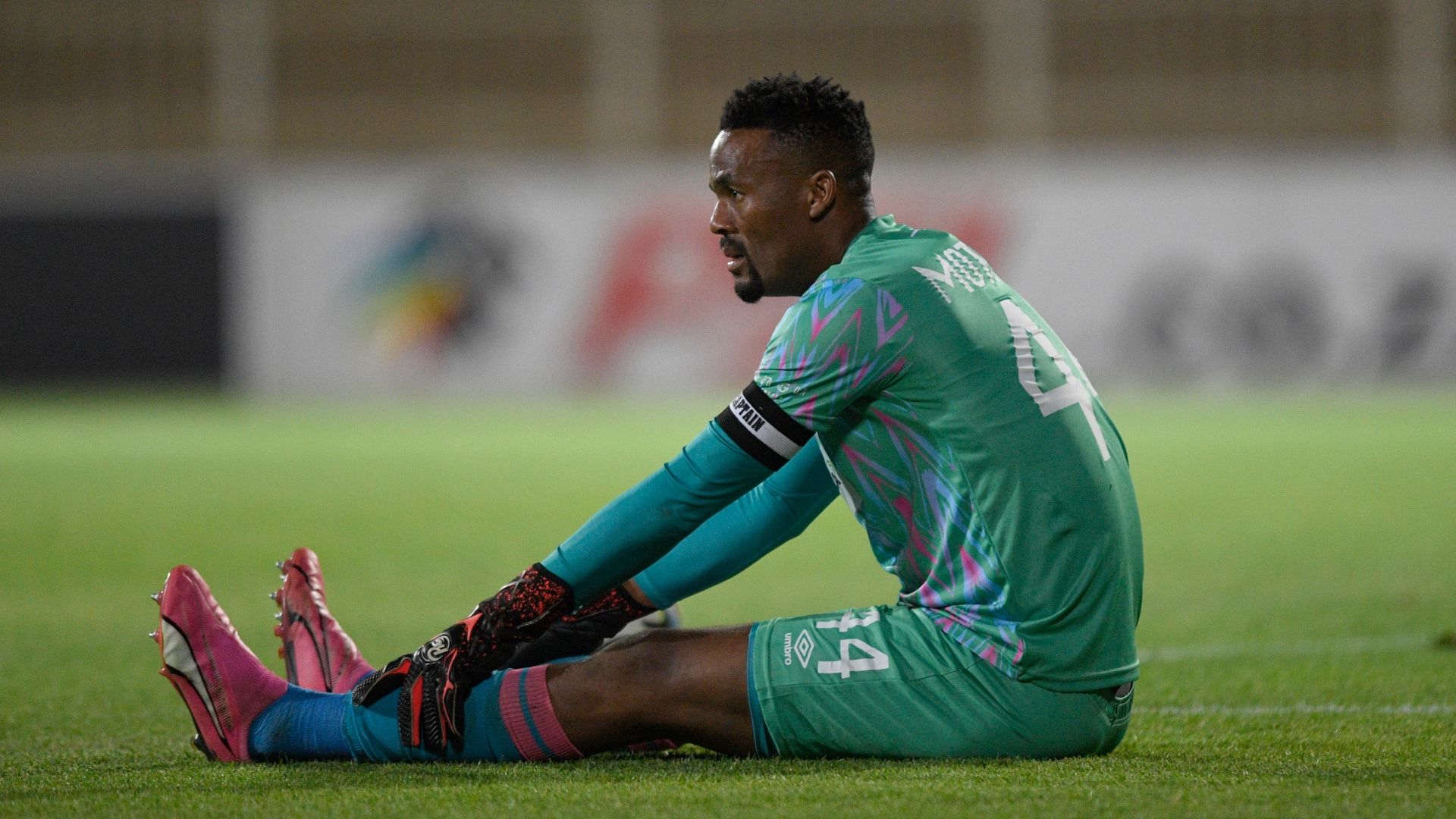
The rivalry between AmaZulu and Kaizer Chiefs is steeped in history. With both teams having passionate fan bases, encounters between them are charged with energy and anticipation. Each match is not just a contest for points but a battle for pride. This tension often spills over into the media, where coaches and players sometimes engage in verbal sparring.
Before the match, both coaches had exchanged pleasantries, but the competitive nature of the sport can lead to unexpected comments, especially in the heat of the moment. AmaZulu had just secured a crucial victory against Kaizer Chiefs, and the emotions of triumph quickly turned into a platform for the AmaZulu coach to voice his frustrations.
During the post-match interview, the AmaZulu coach was asked about his team’s performance and the tactics that led to their success. With a confident demeanor, he praised his players for their hard work and dedication. However, when the conversation shifted to Kaizer Chiefs, he did not hold back.
“While some coaches might rely on past glory and big names, we focus on what truly matters: teamwork and grit. It’s easy to wear a fancy suit and talk big when you’re used to being handed victories, but we earn ours,” he stated, clearly referring to the Kaizer Chiefs’ coach.
The implications of his words were unmistakable. It was a direct jab at Chiefs’ coach, who had faced criticism for not living up to the club’s storied legacy. This remark not only underscored the rivalry but also reflected the underlying tensions that often surface in competitive sports.
The reaction from the media was swift and intense. Sports journalists jumped on the story, dissecting the coach’s comments and discussing their potential implications. Headlines blared, capturing the essence of the insult and framing it as a significant moment in the ongoing rivalry.
Analysts weighed in, with some supporting the AmaZulu coach’s candor as a refreshing take in a sport often plagued by clichés. Others, however, criticized him for lacking professionalism and for letting emotions cloud his judgment. The incident quickly became a trending topic on social media, with fans from both sides chiming in.
Supporters of AmaZulu rallied behind their coach, applauding his bravery to speak out against a prominent club like Kaizer Chiefs. Meanwhile, Chiefs fans defended their coach, arguing that the AmaZulu head coach was simply seeking attention through inflammatory remarks.
In the days following the interview, the football community continued to buzz with discussions about the insult. The Kaizer Chiefs’ coach responded in a press conference, opting for a more measured approach. He chose not to retaliate directly, stating, “In football, we respect our opponents, regardless of the circumstances. We will focus on improving our game instead of engaging in unnecessary banter.”
This response was seen as a tactical choice to rise above the fray and maintain focus on the season. However, the AmaZulu coach’s comments did not fade into the background. They became a part of the narrative leading into their next match against Chiefs, with players and fans alike keenly aware of the heightened emotions surrounding the encounter.
As the next match approached, the atmosphere was electric. Fans filled the stadium, eager to witness the fallout from the insult. Both teams knew the stakes were high, and the players were motivated not only to win but to prove their coaches right.
In the buildup to the game, both coaches maintained their stances. The AmaZulu coach continued to emphasize his team’s resolve and readiness to face the challenge posed by the Chiefs, while the Kaizer Chiefs coach remained focused on strategy and game plan, determined to use the controversy as fuel for his players.
On match day, the tension in the stadium was palpable. Every tackle, pass, and goal was met with thunderous cheers or frustrated groans. The AmaZulu coach watched intently from the sidelines, his earlier bravado evident in his passionate gestures and vocal encouragements.
Following the match, the narrative shifted yet again. Regardless of the outcome on the pitch, the post-match discussions continued to focus on the comments made prior to the game. Fans and analysts reflected on the importance of sportsmanship and respect within the sport, highlighting that while rivalries are a natural part of football, they should not devolve into personal attacks.
In a follow-up interview, the AmaZulu coach expressed regret for the way his comments were perceived, stating, “In the heat of the moment, I might have let my emotions dictate my words. I respect every coach in this league, and while rivalries are part of the game, I realize the importance of maintaining respect.”
This admission was seen as a step toward mending any potential rift between the two camps. It underscored the reality that, despite fierce competition, mutual respect among professionals is vital for the integrity of the sport.
The incident between the AmaZulu head coach and his Kaizer Chiefs counterpart serves as a reminder of the passion and intensity that characterize football. While rivalries add excitement to the game, they also highlight the need for sportsmanship and respect. As both coaches move forward, the hope is that the focus can return to the beautiful game itself, with rivalry fueling performance rather than personal insults. The world of football thrives on competition, but it flourishes best when players and coaches remember the values that unite them.
